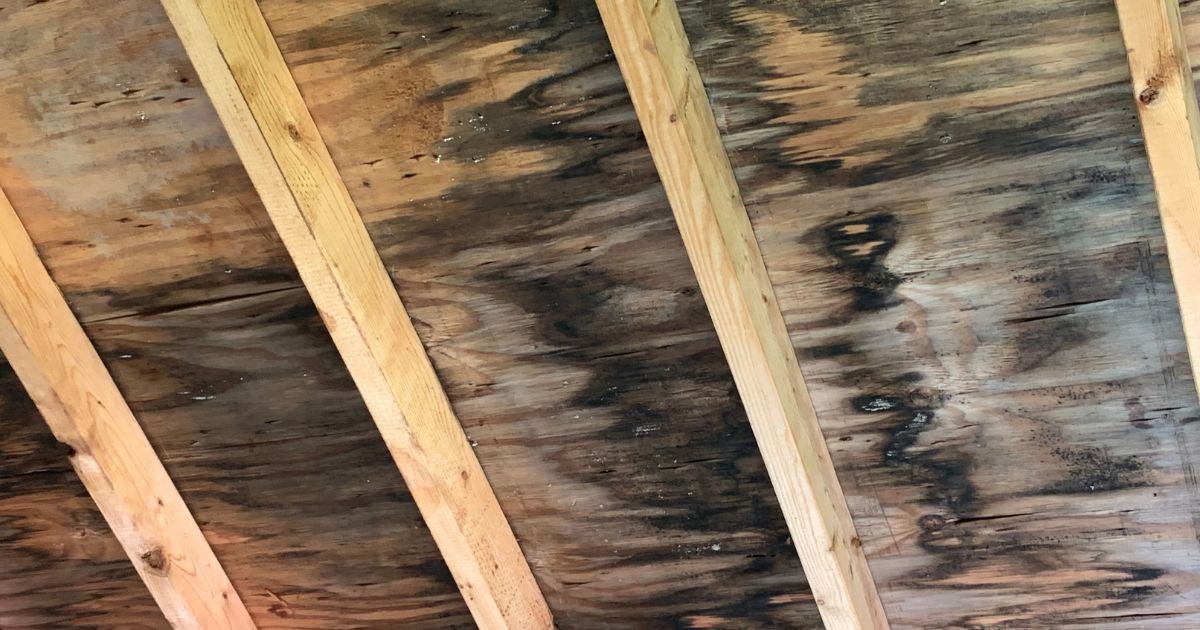MENU
- Home
- Overview
- Attorneys
- Practice Areas
- Firm News
- Blog
- Contact

Toxic mold is a dangerous type of mold that can cause illness or even death. Hundreds of types of mold can become toxic, and are commonly are called “black mold.” The dark black color of black mold is what visually distinguishes it from mildew.
Mold exposure commonly occurs on a virtually daily basis. You might inhale minor bits of mold while opening your refrigerator, entering a basement, or while engaged in other common activities.
Most people are not vulnerable to mold exposure, but toxic mold could trigger serious illness or death in someone who is vulnerable to respiratory disease or illness. Someone who has pneumonia, asthma, or other common respiratory problems could find any type of mold exposure to be harmful.
Toxic mold exposure often is cited as a cause of asthma or other respiratory afflictions that could cause breathing problems. Removing the source of mold exposure and medical treatment often enable anyone suffering from toxic mold exposure to recover fully.
Mold could linger in many places inside your home or place of work. Virtually all of the places are dark and damp. You might find toxic mold in an air conditioning unit, a bathroom, or a laundry room.
If your home suffered a recent flooding event, mold might grow in places that usually are dark and that hold moisture longer. Wet carpeting in a basement, wet insulation, and moist ceiling tiles are just some of the many areas where toxic mold might grow.
Your HVAC system might have toxic mold inside it that aggravates your lungs when the air conditioning runs. Fortunately, the heating system does a better job of drying out moist areas, but it can still linger and pose a possible health hazard.
Property owners generally are liable for ensuring their homes, places of business, or any rental units are in a reasonably safe condition. The existence of toxic mold creates a potentially hazardous condition that might affect one or more people.
A landlord or property owner should take reasonable steps to mitigate any mold contamination that might occur. Replacing damaged ceiling tiles, floor coverings, or other places where toxic mold has taken hold is a good way to reasonably mitigate the problem.
Regular maintenance of air conditioning units, plumbing systems, and other sources of moisture and potential toxic mold contamination also could help to protect you against the potential health hazard.
If your home or place of work knowingly or unknowingly houses toxic mold, it can you to suffer a serious respiratory illness. A medical diagnosis from a specialist could help to show that you are suffering from an illness that is commonly associated with mold exposure.
You would need to show the likely source of the toxic mold exposure to initiate a claim for damages. A known flooding event, leaking plumbing, or similar sources of moisture indoors could help to build a strong case against an offending property owner.
An experienced environmental lawyer could help you to build a strong case against liable parties and hold them responsible for the harm that you suffered.
If you or a family member is suffering from toxic mold exposure, an experienced Wilmington environmental lawyer at Jacobs & Crumplar, P.A., can help to build a strong case against liable parties. Call us at 302-656-5445 or contact us online to schedule a free consultation at our law offices in Wilmington and Millsboro, Delaware. We represent clients in Dover, New Castle County, Sussex County, and throughout Delaware.